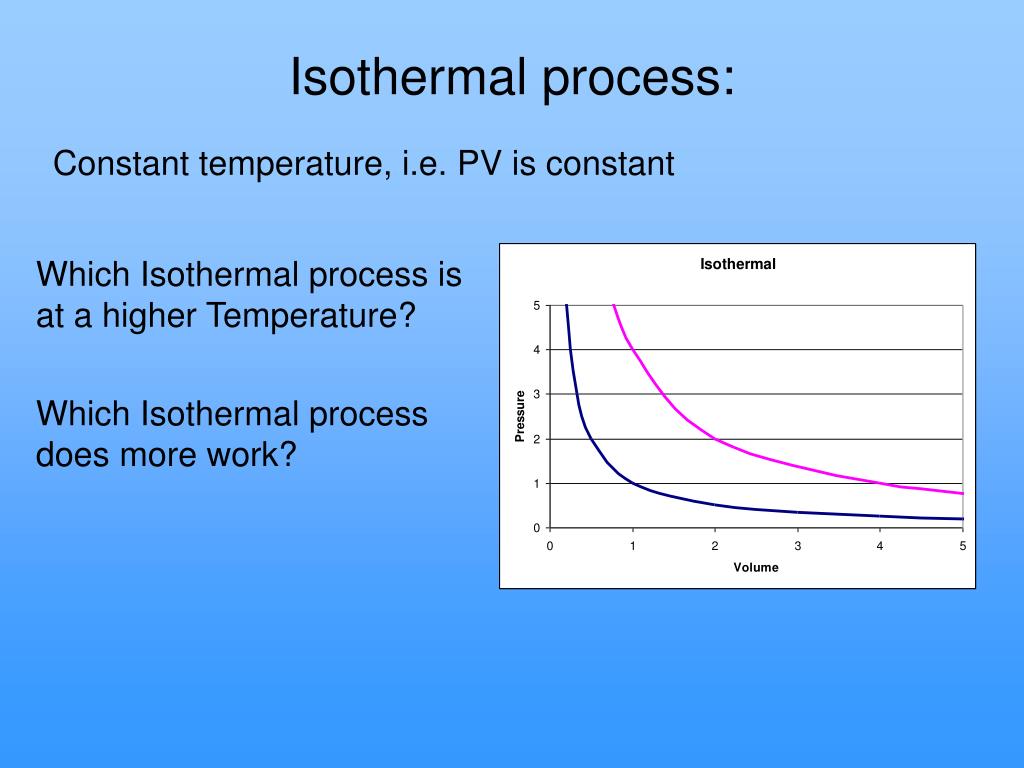

The term came to have this second meaning thanks to the great Austrian physicist Ludwig Boltzmann. Willard Gibbs, the nineteenth century American theoretical physicist, called it "mixedupness." The American Heritage Dictionary gives as the second definition of entropy, "a measure of disorder or randomness in a closed system." Again, it's a negative concept, this time the opposite of organization or order. The qualifier "thermodynamic" is necessary because the word entropy is also used in another, nonthermodynamic sense.Įntropy is also used to mean disorganization or disorder. Let's call this kind of entropy thermodynamic entropy. If we consider the larger system, including the sun, available energy has decreased and entropy has increased as required. Because sunlight was admitted, the local system was not closed the energy of sunlight was supplied from outside the local system. Has entropy decreased? Has energy that was previously unavailable become available, in a closed system? No, this example is only an apparent violation of the second law. Now the water becomes warmer than the air around it, and the available energy has increased. If the bucket is placed in bright sunlight, it will absorb heat from the sun, as black things do. Consider simply a black bucket of water initially at the same temperature as the air around it. You may have noticed the words "closed system" a couple of times above. If you know the heat capacities and initial temperatures of the stone and the water, and the final temperature of the water, you can quantify the entropy increase in calories or joules per degree. During this process, the entropy of the system increases. When a hot stone is dropped into a bucket of cool water, the stone cools and the water warms until each is the same temperature as the other. In a closed system, available energy can never increase, so (because energy is conserved) its complement, entropy, can never decrease.Ī familiar demonstration of the second law is the flow of heat from hot things to cold, and never vice-versa. As long as entropy is defined as unavailable energy, this paraphrase of the second law is equivalent to the earlier ones above. Today, it is customary to use the term entropy to state the second law: Entropy in a closed system can never decrease. The American Heritage Dictionary gives as the first definition of entropy, "For a closed system, the quantitative measure of the amount of thermal energy not available to do work." So it's a negative kind of quantity, the opposite of available energy. Even the great physicist James Clerk Maxwell had it backward for a while (4). On another planet there could be physics without the concept of entropy. Historical accident has introduced this term to science. Surely not every conserved ratio corresponds to a real, physical quantity. Clausius decided that the conserved ratio must correspond to a real, physical quantity, and he named it "entropy". The ratio was heat exchanged to absolute temperature. He had noticed that a certain ratio was constant in reversible, or ideal, heat cycles.


The first opportunity for confusion arises when we introduce the term entropy into the mix. That would have been before the first law, conservation of energy, was discovered (3.5)! In any case, modern scientists completely agree about the above principles. Feynman, however, says the French physicist Sadi Carnot discovered the second law 25 years earlier (3). The second law was formulated after nineteenth century engineers noticed that heat cannot pass from a colder body to a warmer body by itself.Īccording to philosopher of science Thomas Kuhn, the second law was first put into words by two scientists, Rudolph Clausius and William Thomson (Lord Kelvin), using different examples, in 1850-51 (2). This means that a perpetual motion machine is impossible. The second law is a straightforward law of physics with the consequence that, in a closed system, you can't finish any real physical process with as much useful energy as you had to start with - some is always wasted. So why do people say that life violates the second law of thermodynamics? What is the second law of thermodynamics? This is not the case we know of nothing in the universe that violates that law. Sometimes people say that life violates the second law of thermodynamics. The use of thermodynamics in biology has a long history rich in confusion.


 0 kommentar(er)
0 kommentar(er)
